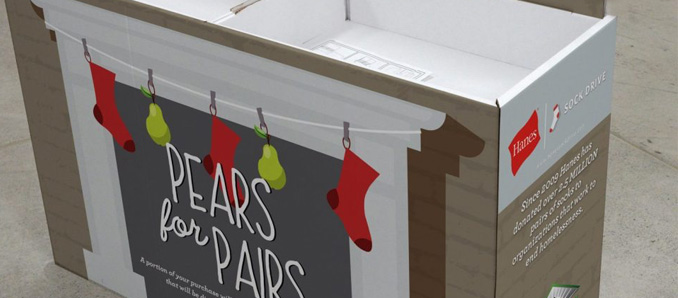Customer safety is a cornerstone of hospitality. Your venue not only needs to meet regulations. It also needs to actively provide an environment where your guests feel safe and secure.
A well-prepared approach protects both your customers and the reputation of your business.
So how do you get it right? By focusing on clear strategies that make safety seamless for everyone involved.
Here are seven essential steps to take to ensure customer safety within a hospitality setting.
1. Strengthen Onsite Security to Protect Your Guests
The safety of guests starts with solid physical security. So:
- Make sure all areas, including entrances, exits, and parking lots, are well-lit and monitored.
- Install surveillance cameras strategically to cover high-traffic or vulnerable spots.
- Use secure locks for rooms and restricted areas to prevent unauthorized access.
- Collaborate with local law enforcement or private security teams for additional support during peak seasons or large events.
Visible measures reassure customers while deterring potential risks.
And a safe environment builds trust in your brand.
2. Prepare for Emergencies with a Clear Action Plan
Emergencies can happen anywhere and anytime. So, create detailed action plans tailored to potential risks, like fires, severe weather, and medical situations.
Display evacuation routes and emergency contact information where guests can easily find them.
Conduct regular safety drills with your staff to ensure everyone knows their role during an incident.
And equip your property with essentials like first aid kits and fire extinguishers in accessible locations.
Coordination is key. Consider partnering with local emergency services for guidance or support when needed.
Preparation protects lives and boosts guest confidence in unforeseen situations.
3. Use Technology to Minimize Risks
Smart technology enhances safety in hospitality venues.
You could:
- Use mobile apps or online platforms for contactless check-ins, reducing face-to-face interactions when needed.
- Deploy smoke detectors, carbon monoxide alarms, and smart thermostats for early warnings about hazards.
- Use surveillance systems with real-time alerts that can help staff respond quickly to security threats or emergencies.
These tools don’t just protect guests. They simplify operations while showing customers that their safety is a top priority in your establishment.
4. Control Access Points to Ensure Only Authorized Entry
Managing access is crucial for guest safety. Limit entry to private or restricted areas with effective systems like keycards, PIN pads, or magnetic locks for secure access.
These measures help keep unauthorized individuals out while maintaining convenience for staff and guests.
Regularly inspect all locks, doors, and security systems to ensure they’re functioning properly.
And place signage where needed to clarify restricted zones or entry rules.
By controlling who can enter specific spaces, you create a safer environment that protects both customers and your business assets.
5. Train Your Team on Safety Protocols for Guest Protection
Your staff plays a vital role in ensuring customer safety. Provide thorough training on emergency procedures, first aid basics, and recognizing potential security risks.
Role-play different scenarios to prepare them for real-life situations, such as evacuations or handling difficult guests.
Encourage open communication so employees feel comfortable reporting concerns quickly.
And update training regularly to address new threats or technology changes within your property.
6. Keep Guests Informed During Emergency Scenarios
Clear communication is critical when emergencies arise. So:
- Use multiple channels, such as in-room phones, text alerts, or PA systems, to provide updates and instructions.
- Ensure staff members remain calm and approachable while guiding guests to safety.
- Post evacuation maps in visible areas like hallways or behind doors for easy reference.
- Include emergency contact details and procedures in the welcome materials provided at check-in.
Keeping guests informed minimizes panic and confusion while showing that their well-being is your top priority during challenging situations.
7. Stay Compliant by Understanding Customer Safety Laws
Compliance with safety regulations isn’t optional – it’s essential. Research local laws that apply to your hospitality business, from fire codes to health and accessibility standards.
Regularly inspect your property for hazards, and schedule maintenance to fix any issues promptly.
Keep up-to-date records of safety measures, including staff training logs and equipment checks, in case of audits or legal inquiries.
And consult legal or industry experts if you’re unsure about specific requirements.
Adhering to these rules not only avoids penalties but also reinforces trust among guests who value a secure stay.








